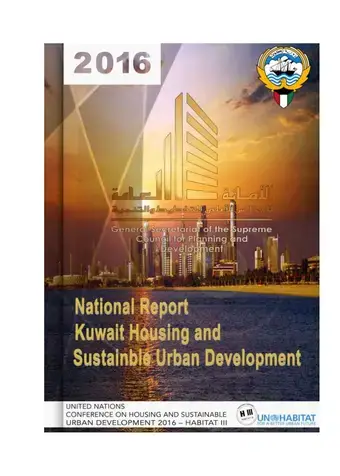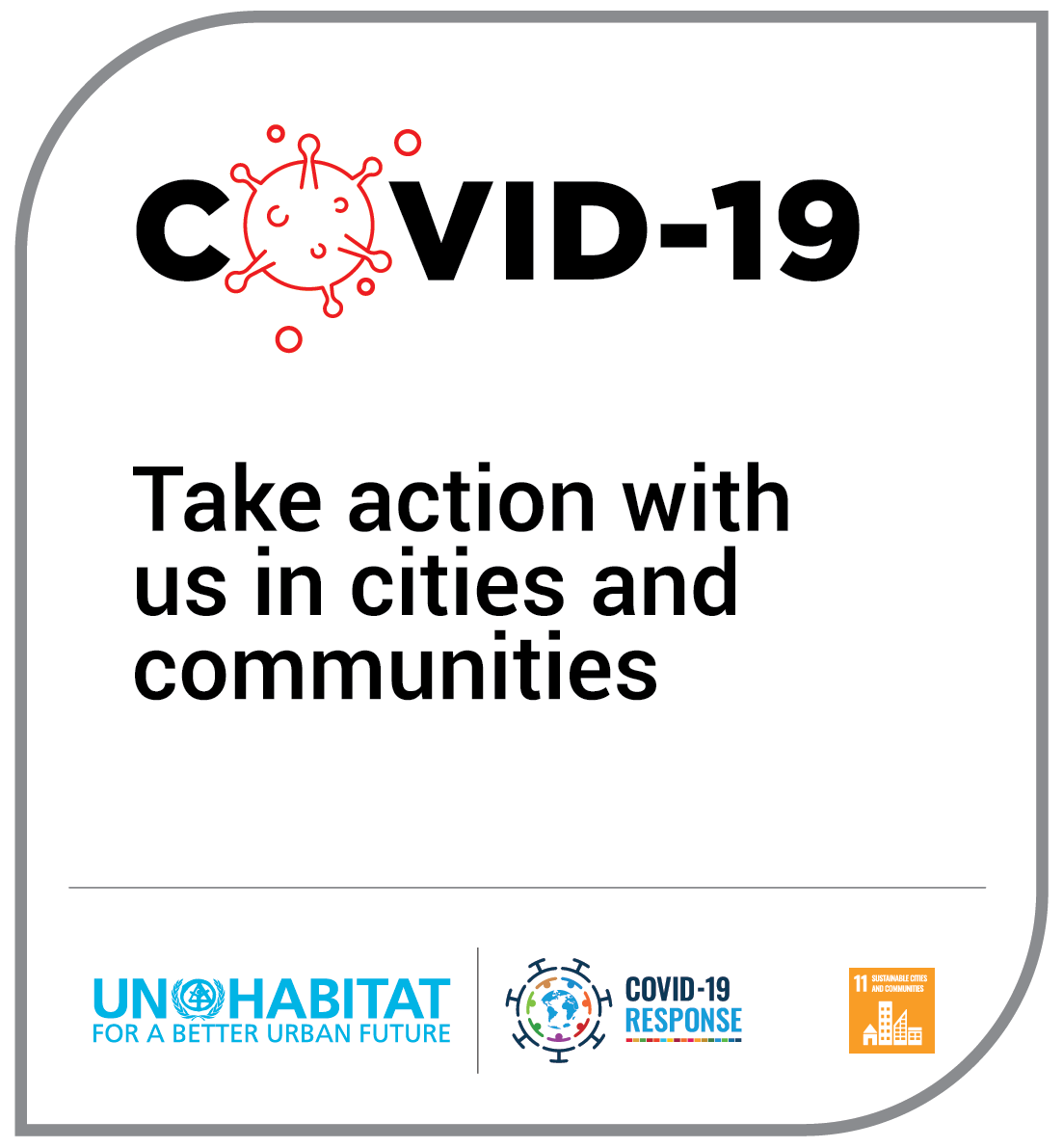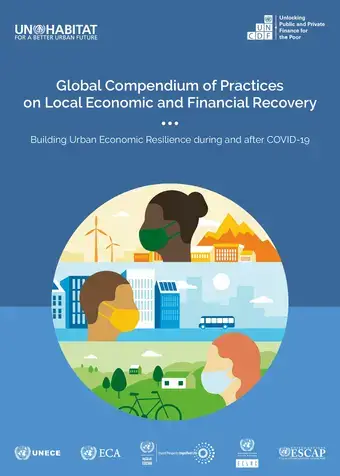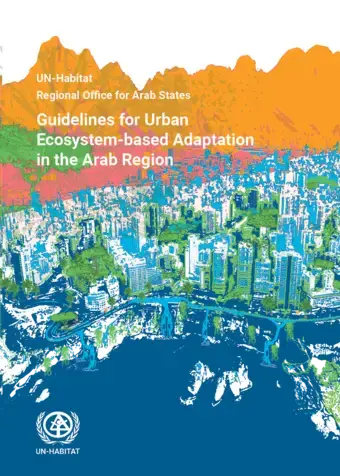Overview
The UN-Habitat Kuwait office has been formally established after the ratification of its agreement by the Kuwait parliament in 2006. According to the UN-Habitat Kuwait agreement; “UN-Habitat and the government have a common desire to establish a UN-Habitat office in Kuwait City in order to encourage activities in the area of human settlements in general in the Arab States Region”. Based on the agreement the function of the office is to encourage international co-operation to achieve sustainable urbanization, co-operate with the regional and international organizations, civil society, private sector, and other parties; disseminate knowledge and undertake public relations activities; organize all kinds of events and activities related to its mandate; and support networking opportunities and resource mobilization.
The rapidly increasing population in Kuwait has created shortages of housing, congestion and environmental pollution in the Kuwait Metropolitan Area (KMA). Therefore, the management of the population is essential to address this problem. According to a published population projection; the population of Kuwait will reach 5.3 million in 2030. The review recommends that 2.8 million should be accommodated in the KMA, while 2.57 million should be relocated in new urban settlements outside of the KMA for proper distribution of population and resources. The government considers that the rapidly increasing number of expatriate workers is not sustainable. The Third Kuwait Master Plan Review 2005 aimed at achieving the population size of about 40% Kuwaiti and 60% non-Kuwaiti by 2030. Urban development requires an educated and skilled workforce. There are public and private education institutions that provide education to the students in Kuwait, but it still needs further development to meet the market demand. The Constitution of Kuwait provides right of every married couple to get a house from the government. As of September 2016, the Public Authority for Housing Welfare constructed and transferred 26,308 houses, 834 apartments and 26,874 housing plots in the country. However, more than 102,000 families are currently on the waiting list for the allocation of house, apartment or housing plot. Each year, there are over 8,000 new applicants for housing. Thus, it has become very difficult for the government to provide a house, an apartment or housing plots within a short period of time. The rural sector in Kuwait is too small. The challenges are a shortage of cultivable land, water and educated labor force for introducing improved agricultural technology for dryland agriculture, urban agriculture and aquaculture.
Energy and water production and use are not sustainable
Traffic congestion as a result of prolonged car-oriented city plan
The rural sector in Kuwait is too small. The challenges are shortage of cultivable land, water and educated labor force
Donors and partners
UN-Habitat Kuwait work plan stems from its original nature when it was established as sub-regional office for Gulf states, and its success depends on its response to the GCC countries different needs and priorities. Therefore, UN-Habitat program includes capacity building of all Gulf states on issues related to achieving SDG11 and the New Urban Agenda, preparation of reports, e. g Housing for Low Income Workers (Kuwait), Public Housing (Bahrain), Future Cities (KSA). UN-Habitat’s work wouldn’t have been successful without collaboration with its partners including, but not limited to, the ministries of housing, planning, municipalities, governorates, academia the private sector, NGOs.
Donors
Partners
Contact
Highlighted Publications
Legacy content
- Total value of UN-Habitat investments (2008-2013): US$ 4,041,937
- Total number of UN-Habitat projects (2008-2013): 1 project
- Main donors: The main donor for the running of UN-Habitat’s office in Kuwait City is the Government of the State of Kuwait.
General information
Capital: Kuwait City
Major cities: The major cities of Kuwait are As Salimiyah, Sabah as Salim, Al Farwaniyah, Al Fahahil, Kuwait City, Ar Riggah, Salwa, Al Mangaf, Ar Rabiyah, Bayan.
- Population (million): 3.25 million
- GDP: US$ 160.9 billion
- GDP growth: 2.6%
- Urban population: 98%
- Population growth rate (average annual %): 3.9%
- Urban population growth rate (average annual %): 4.0%
- Rural population growth rate (average annual %): 3.2%
Source: World Bank 2012
The project in Kuwait is the operation of UN-Habitat’s country office in Kuwait City.
Donors:
UN-Habitat projects in Kuwait
Operations of the UN-Habitat Kuwait Office
This project is for the operations of UN-Habitat Office in Kuwait
- Duration: August 2007 - December 2017
- Value: US$ 4,041,937
- Donor: Government of the State of Kuwait




